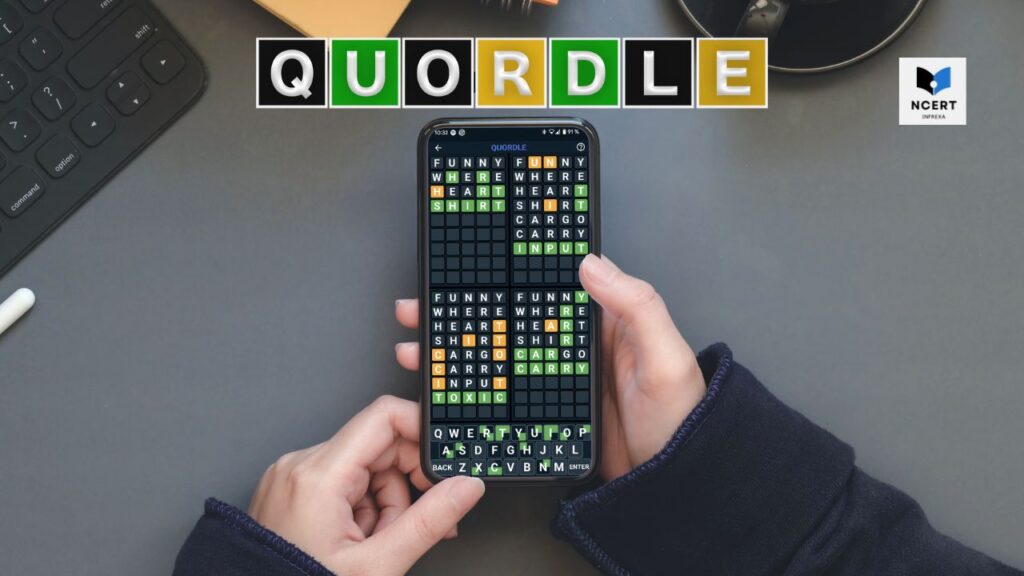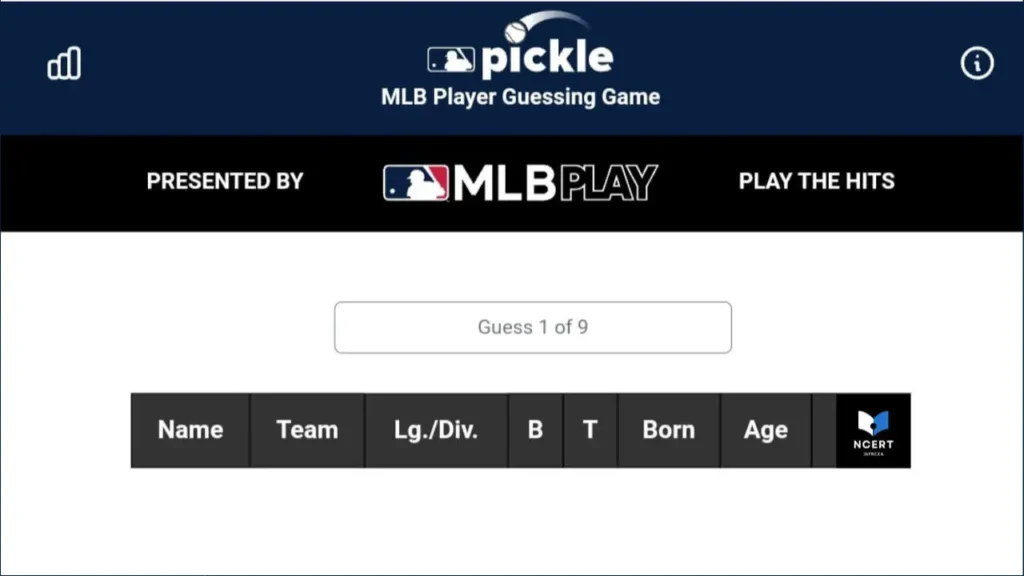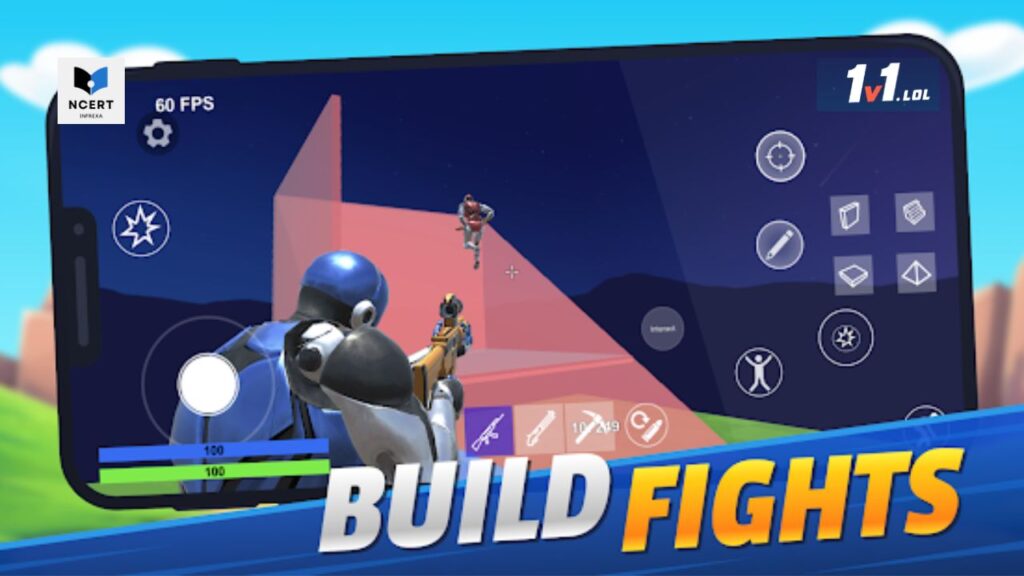If you were hooked on the original daily word game, but eventually found it getting a little too easy, you likely found your way to Quordle. For many of us, it was the perfect next step. While it came out after most of the other Wordle variations, it stands completely alone because it’s genuinely a difficult puzzle, not just a tricky one.
The core of the game is about managing pressure. The real twist is that you’re tackling four distinct 5-letter puzzles at once, not just two like in Dordle. The developers only give you nine guesses to lock them all down. This constraint is what makes the game feel like a genuine mental pressure cooker, and it means every single word you type has to be worth four times the value of a guess in a simpler game.
The Strategy: Maximizing Nine Guesses
Quordle is won or lost in the first three moves. You can’t afford to waste time targeting one word – you have to use your first few attempts purely for information gathering across all four boards. After countless games, I’ve settled on a reliable, information-first approach that sets you up for the endgame.
The Triple Opener
My personal rule is to dedicate the first three guesses to words that have no shared letters between them. This is how you maximize your board coverage instantly.
- Guess One (High-Vowel): Start with a word heavy on vowels and common placement letters. Think
ADIEUorAUDIO. - Guess Two (Common Consonants): Follow up with a word that uses S, T, R, and L. A solid choice is something like
STERNorTRIAL. - Guess Three (The Cleanup): Your third word should use the remaining common letters like C, H, P, and M. A word like
CHUMPorCLAMworks well here.
By the end of the third guess, you have identified the status of 15 different letters and have, ideally, hit all five vowels and the majority of the most-used consonants. This foundational information is what lets you pivot into the tactical phase of the game.
Interpreting the Colors and Pivoting
The color-coding system is the same as the original game, but because you see four results simultaneously, the information is denser and requires a quick triage.
- Green: Means the letter is absolutely correct and fixed in that position. This is gold.
- Yellow: The letter exists in the word but is in the wrong position. This is useful, but often frustratingly vague.
- Gray: The letter is not in the word at all. This is just as valuable as green because it instantly removes that letter from your possibilities in that specific grid.
After the third guess, a good player takes a minute to survey the four boards and decide which one to prioritize. You should never waste your fourth, fifth, or sixth guesses on another “information word.” You now have to pick one grid that looks the easiest to solve and dedicate a tactical guess to it.
The key decision comes down to managing the remaining six guesses:
- Solve a Word (Guess 4/5): Find the grid with the most green and yellow letters, solve it, and get it off the board. This frees up the letters you used to solve it to focus on the remaining three words.
- Sacrifice a Word (Guess 6/7): You’ll notice that some boards are stubbornly difficult while others are almost solved. It’s smarter to use your mid-game guesses (5, 6, and 7) to clear the easier ones, even if it means you only have two guesses left for the hardest word. The pressure of solving four words is instantly reduced to the pressure of solving one.
If you can solve the first two words by guess five, you have four guesses left for the final two words, which is usually a manageable situation. Quordle is less about brilliant guessing and more about efficient elimination and smart risk management. Don’t be afraid to take a targeted guess for an easy word, even if it might use a grayed-out letter in one of the other three grids. You’re playing for four wins, not one perfect line.
You can play today’s Quordle on its official site. Good luck with your puzzle today.
Quordle Alternatives
Alternatives seek either complexity or new types of knowledge. For more words: Octordle (8 words) and Sedecordle (16 words). For different knowledge: Wordle (solve a 5-letter hidden English word) and Mathler (solve a math equation). Or, practice strategy with the simpler Dordle (2 words).




